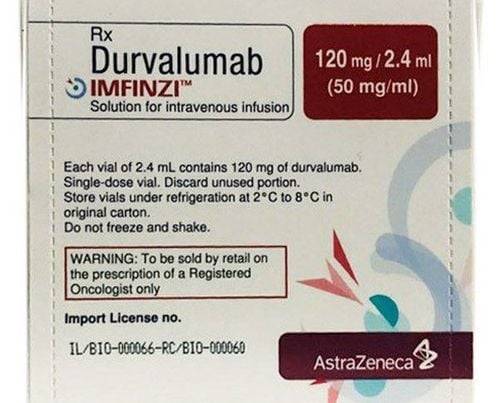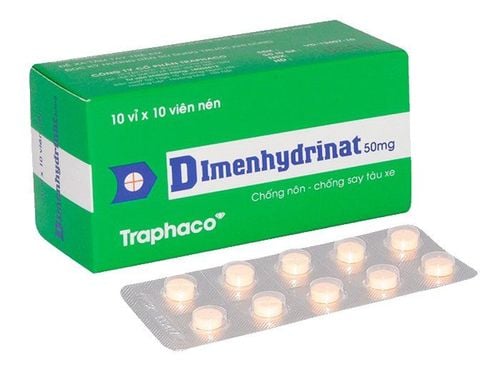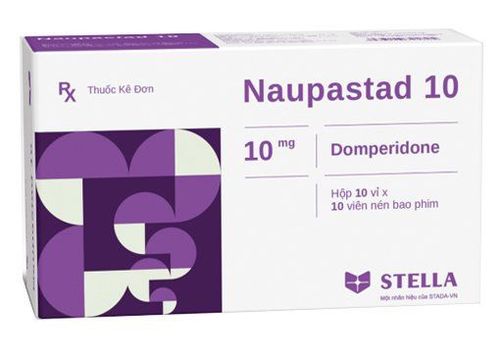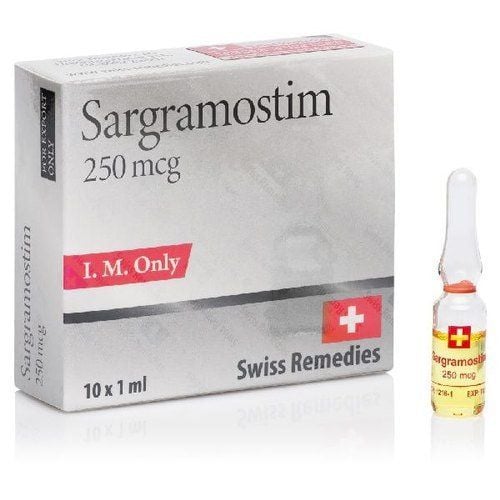This is an automatically translated article.
Nausea and vomiting are common phenomena during the treatment of cancer patients. So when should antiemetic drugs be used for people with cancer? The following article will provide you with information on this issue.
1. Causes of vomiting in cancer patients
Nausea and vomiting are caused by the brain's control through the autonomic nervous system like respiration and circulation. The vomiting center in the cerebral cortex induces the vomiting reflex by various stimuli such as taste, anxiety, pain, movement, or changes in blood chemistry. The main causes of nausea and vomiting in cancer patients are:
The patient is undergoing cancer treatment with chemotherapy; The patient is receiving radiation therapy (using radiation) to the digestive system (stomach, intestines), liver, or brain. Nausea and vomiting can occur just hours after treatment or a few days after cancer treatment. However, not all chemotherapy and biologic drugs cause nausea and vomiting. In addition, the frequency and length of time vomiting or nausea occurs depends on the drug, the dose, and the way it is taken.
2. Antiemetic drugs for people with cancer
With the combined use of many antiemetic drugs for cancer patients and the introduction of new generation drugs, it has helped prevent and treat vomiting effectively.
Some antiemetic drugs in cancer include:
Antihistamines : Diphenhynhydramine (Dimedrol); Anticholinergic: Scopolamine; Sedatives: Phenothiazines: Clopromazine; Methopimazine; Butirophenol: Haloperidol; Benzamides: Metoclopramide (Primperan), alizapride (Plitican). Dopamine antagonists: Domperidone (Molilium); Corticosteroids: Dexamethasone, Prednisolone, Methylprednisolone. 5HT3 receptor antagonists (setrons): Ondansetron, Granisetron. The treating physician will decide to give the patient antiemetics in cancer after considering the following factors:
Is the cancer treatment likely to cause vomiting and nausea? How severe is the patient's vomiting or nausea? What is the easiest way for the patient to take the drug? How would the patient prefer to take the drug? Does the cancer patient's health insurance cover this?
3. When should antiemetic drugs be used for people with cancer?
Anti-cancer drugs must be prescribed by a doctor, because depending on each chemotherapy regimen, strong, moderate and weak nausea and vomiting; Depending on the location of each patient, the treating doctor will prescribe different antiemetic drugs. Antiemetic drugs can be used when infusion of chemicals before - during - after treatment; In some cases, doctors have to prescribe antiemetic drugs for a few days after the end of chemotherapy.
Along with antiemetic treatment with drugs, doctors will use more nourishing solutions and replenish water and electrolytes for cancer patients. However, the patient himself and the caregivers need to try and give the patient fruit juice, oresol solution and try to eat the foods that the patient likes every day.
4. Ensure nutrition for cancer patients
Ensuring nutrition for cancer patients is an especially important thing, because the patient's body has enough nutrition to have enough strength to conduct cancer treatment. The patient's family needs to pay attention to the diet, plan the amount of food to avoid or reduce the feeling of nausea and vomiting when the patient undergoes cancer treatment with chemotherapy, radiation:
Chia meals during the day make many small meals, reducing the burden in each meal for the patient; Food should not be too hot, cold or still warm to reduce the smell of food, avoid the patient feeling uncomfortable; Should choose foods or prepare dishes that the patient likes to increase appetite; Dry foods, soups and beverages should be eaten separately; Healthy food for cancer patients is food in liquid form, food that is not too sweet, stale, spicy or has an unpleasant smell; Lemon and mint flavors will be easier to eat; Healthy drinks are apple juice, orange juice, tea; During cancer treatment with chemotherapy, patients should eat breakfast before 6 o'clock, dinner before 7 o'clock to prolong food consumption time, reduce response and increase absorption of food best; If the patient vomits a lot, it is necessary to pay attention to supplementing with fluids, in case of necessity, notify the treating doctor to administer intravenous fluids to maintain the patient's water and electrolyte balance. Nausea and vomiting is one of the side effects of cancer treatment, besides it is also caused by the patient's anxiety or being stimulated to induce vomiting due to physical damage. In order to provide the most effective treatment, the doctor needs to understand the cause of nausea and vomiting, from which effective treatment measures can be taken. Patients should not self-administer anti-emetics without a doctor's prescription.
Please dial HOTLINE for more information or register for an appointment HERE. Download MyVinmec app to make appointments faster and to manage your bookings easily.













